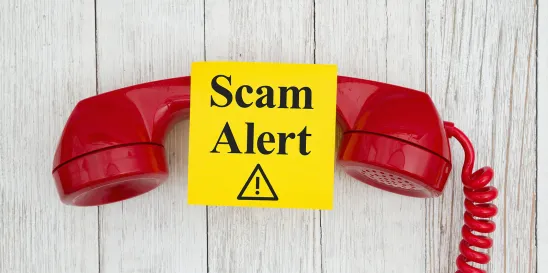2024 will truly be an interesting year for the telemarketing industry. To add to what seems like a constant shake-up these days, West Virginia enters the scene with a few bills for the new year, two to be exact. These bills are in the very early stages of the legislative process, I’ll be keeping an eye on their progress, but here is what you may expect if they both pass and are signed into law.
First up is HB4886 which was introduced on January 18, 2024, and would be adding a section to the current statute Article 6F. of Chapter 46A, interestingly it is directed at phone companies “who knowingly allow telemarking campaigns to use United States or West Virginia based phone numbers but provide no callback option using that phone number.”
With HB4886 WV legislature is looking to hold the telephone companies accountable for numbers used by telemarketers to place outbound calls to consumers where the numbers cannot be dialed back and putting a civil penalty in place. That’s right, if this bill passes and is signed into law, the phone company could face a $1,000 civil administrative penalty, to be levied by the Department of Tax and Revenue, per instance. There is an exemption offered for registered call centers and foreign call centers contracted with registered US call centers.
Next is SB500 which was introduced on January 22, 2024, and would also add a new section to Chapter 46A, it would be Article 60. Telephone Consumer Protection Act. This would add new definitions, offer a limited list of exemptions and new prohibitions.
Key things to note if this bill passes legislation in its current edition and is signed into law:
- In the definition of “Prior express written consent” you will find the infamous “OR” you know the one that Florida rolled out and then later retracted. A telephone solicitation using an automated system for the selection or dialing of telephone numbers.
- Puts limitations on an established EBR to (1) The communication is initially intended for informational purposes only; and (2) Based on further inquiry from the customer, the communication becomes a telephone solicitation.
- Adds caller ID requirements.
- Restricts the call time to 8:00 AM to 8:00 PM.
- Limits the call attempts for telephone solicitations to 3 within 24 hours on the same subject matter or issue.
- May not alter the caller’s voice in an attempt to disguise or conceal the identity of the caller in order to (A) Defraud, confuse, or financially or otherwise injure the called party; or (B) Obtain personal information from the called party that may be used in a fraudulent or unlawful manner.
- Provides a rebuttable presumption that telephone solicitations made to any WV area code are made to a resident or a person who is reasonably presumed to reside or have a place of business in WV at the time the call is made.
We will keep an eye on these bills as they make their way through the WV legislature and keep you updated on their passing if or when they do.




 />i
/>i

